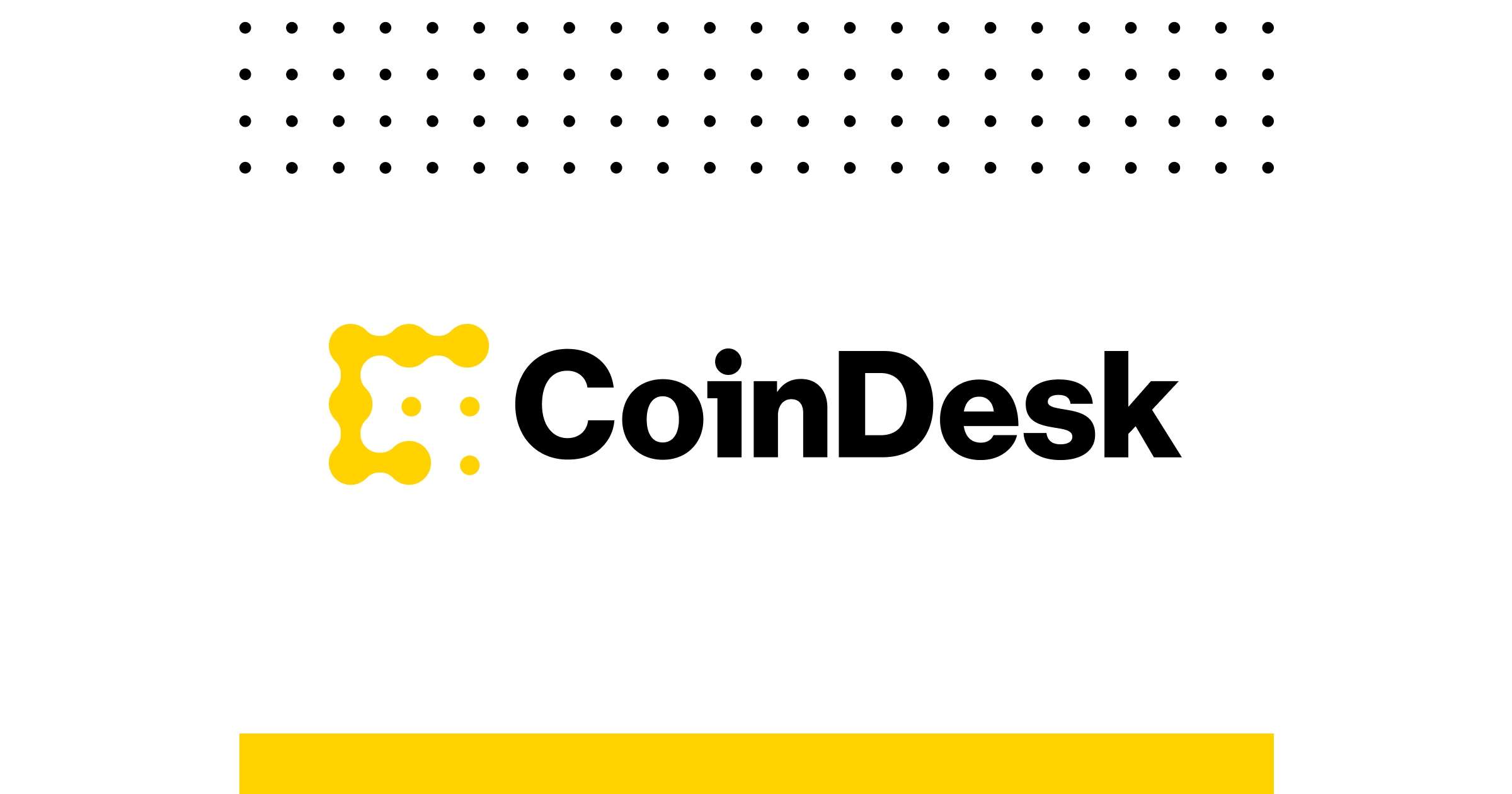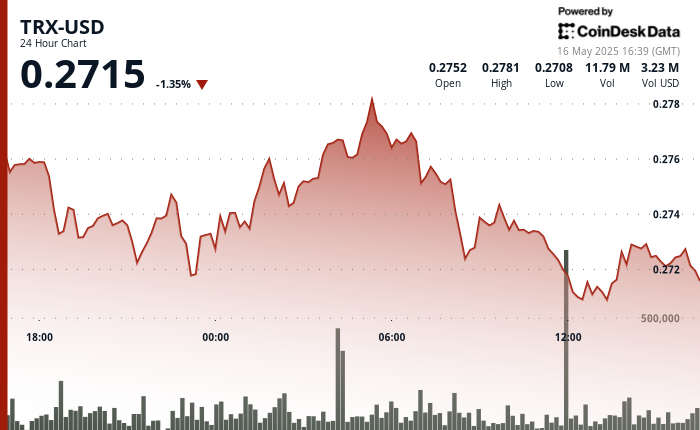Lido Proposes a Bold Governance Model to Give stETH Holders a Say in Protocol Decisions


Lido Finance Unveils Innovative Governance Model Empowering stETH Holders in Protocol Decision-Making
Amidst a 30% surge in ETH prices following the Pectra upgrade, shining a spotlight on Ethereum-native protocols, Lido Finance has introduced a groundbreaking dual governance system. This system would grant staked ether (stETH) holders the authority to veto critical protocol decisions.
The Lido Improvement Proposal (LIP) 28 is designed to bolster accountability and decentralization within Ethereum's staking ecosystem. Currently under discussion, the proposal is anticipated to undergo a formal vote shortly, potentially paving the way for similar initiatives in other DeFi protocols.
In an exciting development, Lido DAO contributors have unveiled a blueprint for the impending launch of Dual Governance after years of meticulous planning. The framework encompasses design and code selections, parameters, as well as deployment and rollout strategies. For more details about this forthcoming feature, visit: https://t.co/Iu7J1cOlcr

Lido Proposes a Bold Governance Model to Give stETH Holders a Say in Protocol Decisions
Proposal comes as ETH surges 30% on Pectra upgrade, boosting attention on Ethereum-native protocols.
- Lido Finance has proposed a dual governance system allowing staked ether (stETH) holders to have veto power on key protocol decisions.
- The Lido Improvement Proposal (LIP) 28 aims to increase accountability and decentralization in Ethereum's staking ecosystem.
- The proposal is in the discussion phase, with a formal vote expected soon, potentially setting a precedent for other DeFi protocols.
The essence of this new model lies in a "dynamic" time lock mechanism essential for the technical operation of on-chain governance. Unlike immediate decision implementation in the existing setup, there is now a specified period before changes take effect. This delay enables users to voice dissent if they disagree with proposed modifications.
The innovative aspect of this proposal lies in creating a safeguard that allows stakers to signal objections and withdraw their support while affording the DAO an opportunity to address concerns or nullify contentious actions.
How it works
At its current stage, LIP-28 remains open for deliberation with an official on-chain voting process scheduled in the near future.
Exciting times lie ahead as Lido Finance charts new territory with its forward-thinking governance model aimed at empowering stakeholders within the ecosystem.

The new proposal wants to tackle that.
This creates a sort of safety valve — allowing stakers to signal objection and exit — while still giving the DAO time to respond or cancel the contentious action.
The LIP-28 proposal is still in its discussion phase, with a formal on-chain vote expected in the coming weeks.



